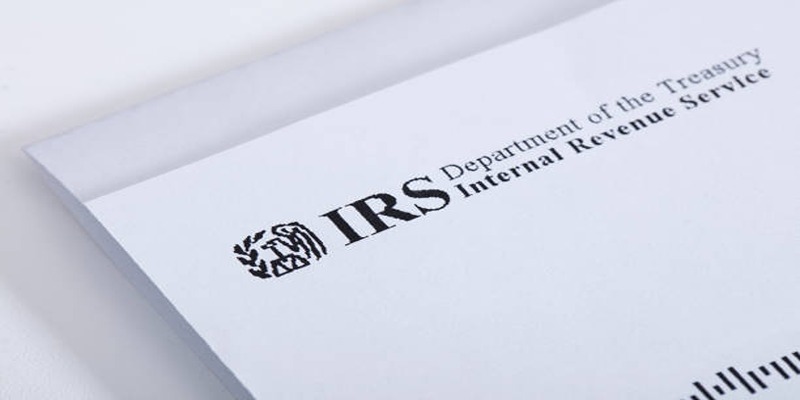Transferring large sums of money—whether to help a loved one, buy property, or fund an investment—raises an important question: Are big money transfers taxable? Understanding the tax rules is crucial to avoid unexpected liabilities or legal issues. This blog breaks down the basics, explains when taxes may apply, and offers practical tips for navigating the complexities of transferring significant amounts of money smoothly and legally.
What Are Big Money Transfers?

Big money transfers typically refer to the movement of substantial amounts of money, such as transferring funds for high-value purchases, gifts, or overseas remittances. These transactions can happen between individuals, businesses, or financial institutions and may involve transferring funds domestically or internationally.
But here’s the catch—not all big money transfers are created equal, and different rules apply depending on the purpose of the transfer, the parties involved, and the laws of your country of residence. While the idea of taxes on these transfers can feel intimidating, understanding the types of transfers that typically trigger tax considerations will help you stay informed and in control.
Are Big Money Transfers Taxable in the United States?
One of the most important things to know is that not all money transfers are necessarily taxable. Certain conditions must be met for taxes to apply. Here’s a breakdown of common scenarios:
Gifts and the Gift Tax
If you’re transferring money as a gift, it’s essential to consider the IRS's gift tax rules. Any gift exceeding the annual exclusion amount ($17,000 per person in 2023) must be reported to the IRS by the giver, not the recipient. However, this doesn’t necessarily mean you’ll pay a gift tax immediately.
The IRS allows individuals a lifetime gift and estate tax exemption, which is $12.92 million as of 2023. This means you can gift large amounts over time without incurring tax, as long as the total stays under this threshold. Keep in mind:
- Gifts made to spouses who are U.S. citizens are generally tax-free.
- Payments made directly for education or medical expenses are also exempt from gift taxation.
International Money Transfers
If you’re sending or receiving money overseas, international money transfers may come under scrutiny. For U.S. residents, any gift received from a foreign individual exceeding $100,000 must be reported to the IRS using Form 3520. Similarly, money transferred for investments or business purposes may prompt additional tax forms or obligations, such as a Foreign Bank Account Report (FBAR).
Income and Taxable Transactions
Another critical distinction is whether the money being transferred is income or not. For example:
- If you provide a service or sell a product and receive a large payment, this will generally count as taxable income.
- Transfers linked to capital gains, such as earnings from selling property or stock investments, are also subject to taxation.
On the flip side, transferring funds between your personal accounts or for non-income-related purposes (e.g., saving money in another bank account) is usually not taxable.
Loans
If you’re lending a significant amount of money to someone, the IRS may require you to charge a minimum rate of interest. If interest isn’t charged, the IRS could consider it a gift. Ensure you document all loan agreements clearly to avoid triggering gift tax implications.
Guidelines for Successfully Managing Big Money Transfers
To avoid unnecessary taxes or legal complications, follow these proven guidelines:
1. Understand the Rules
Before transferring a significant amount of money, take the time to research applicable rules for your situation. The IRS provides clear guidelines for taxable transfers, annual exclusions, and other regulations.
If you’re dealing with international transfers, laws in the recipient’s country might also impact how the funds are taxed.
2. Document Everything
Good documentation is key for larger transfers. Keep records of:
- The purpose of the transfer
- The amount
- Dates
- Any supporting agreements (e.g., loan agreements or gift letters)
These records will be invaluable if questions arise about the nature of the transaction.
3. File the Necessary Tax Forms
Know which forms you are required to file with the IRS. Common forms include:
- Form 709, for reporting gifts over the annual exclusion amount
- Form 3520, for reporting foreign gifts
- Form W-2 or 1099, for payments linked to income or business services
Failing to file the proper forms can lead to penalties and additional scrutiny.
4. Stay Below Taxable Thresholds (When Possible)
If you want to avoid filing gift tax forms entirely, keep your gifts below the annual exclusion amount ($17,000 per recipient in 2023). Similarly, when transferring funds as a couple, consider utilizing spousal gift splitting to effectively double gift limits.
5. Seek Professional Advice
The rules surrounding taxes and big money transfers can get complex. If you’re planning a large transfer, consult with a tax professional or financial advisor to ensure you stay compliant with laws while minimizing tax liability. They can also provide strategic advice tailored to your specific goals.
6. Use Transparent and Trusted Financial Channels
When transferring large sums internationally, ensure you use secure banking or financial institutions that comply with Know Your Customer (KYC). This reduces the risk of delays, errors, or questions about the transaction.
Why Understanding Tax Implications Matters

Properly navigating the rules surrounding big money transfers isn’t just a matter of avoiding penalties or audits. It’s also about protecting your financial future and ensuring your intentions are carried out without unnecessary complications. The better informed you are, the more confidently you can manage your finances, whether you’re supporting family, investing, or making payments overseas.
Conclusion
Big money transfers don’t have to be overwhelming when you understand the tax implications and guidelines. By conducting thorough research, documenting transactions, and consulting experts when necessary, you can ensure seamless and compliant financial transactions for yourself and others. Need tailored advice or a trusted platform for transferring funds? Start today by contacting a tax professional or financial institution that provides solutions for large money movements.












